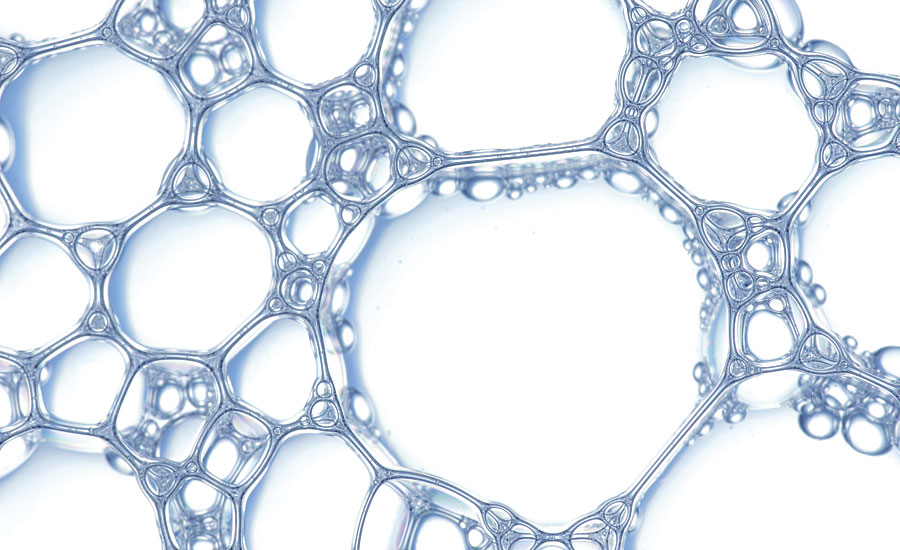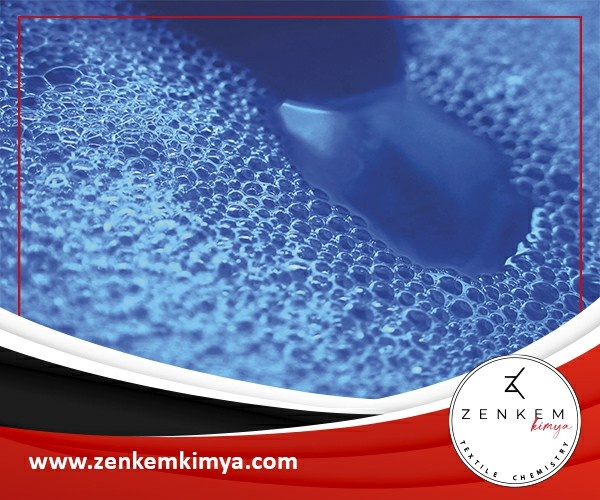The Duty of Defoamers in Enhancing Product Quality and Efficiency
Defoamers serve as vital additives that mitigate this problem, making sure smoother production workflows while improving the practical and visual attributes of the final items. The choice of the suitable defoamer can be crucial to accomplishing ideal results, increasing crucial questions regarding formulation compatibility and efficiency metrics that merit further exploration.
Comprehending Defoamers
Comprehending the role of defoamers is important for maintaining product high quality throughout different sectors. Defoamers are chemical additives designed to lower and prevent the formation of foam in liquid systems, which can negatively impact processes such as blending, loading, and surface tension. Foaming can lead to ineffectiveness, item flaws, and compromised visual allure, making defoamers an essential component in producing operations.
In commercial applications, defoamers help to enhance item consistency and stability. The effective use of defoamers not only guarantees smoother manufacturing processes however additionally contributes to superior item performance.
Furthermore, the selection and solution of a defoamer have to line up with certain application demands, such as compatibility with other ingredients, effectiveness under varying temperature level and pH conditions, and possible regulatory restrictions. Ultimately, comprehending defoamers' functions and their significance in numerous formulations is important for optimizing manufacturing and ensuring the best output.
Sorts Of Defoamers
Defoamers can be categorized right into numerous types based on their structure and device of action. The main types include silicone-based, non-silicone organic, and inorganic defoamers.
Silicone-based defoamers are among one of the most reliable, largely due to their capability to spread quickly on the liquid surface area and interfere with foam development. Their unique chemical framework enables for exceptional stability, making them ideal for high-temperature applications and atmospheres with varying pH levels.
Non-silicone organic defoamers, typically composed of fatty acids or natural oils, are valued for their biodegradability and lower toxicity. These are normally used in food and beverage applications where safety and environmental impact are extremely important.
Inorganic defoamers, that include materials like talc or calcium carbonate, act by raising the density of the fluid, therefore minimizing foam security. They are typically made use of in industrial procedures where compatibility with other products is not a concern.
Each kind of defoamer has distinctive benefits and limitations, permitting for tailored options relying on the particular foaming concerns experienced in numerous applications. Recognizing these differences is crucial for optimizing efficiency and attaining wanted product quality.
Applications Throughout Industries
Numerous markets leverage defoamers to boost product high quality and operational effectiveness. In the food and beverage sector, defoamers are crucial in processes such as developing and dairy products production to avoid foam formation, which can lead to inefficiencies and item incongruity. By controlling foam, suppliers can guarantee far better yield and a much more uniform item.
In the pharmaceutical industry, defoamers play an important role in the solution of fluid drugs, where excessive foam can hamper mixing and exact dosing. Their usage assists keep the stability of the solutions and helps with smoother production procedures.
The paint and coverings sector additionally depends on defoamers to improve the efficiency of items during application. By reducing foam, these additives ensure a smoother surface and enhance the aesthetic top qualities of the last product.

Advantages of Making Use Of Defoamers
While the application of defoamers differs across sectors, their advantages consistently boost item quality and procedure efficiency. One significant advantage is the decrease of foam development throughout making procedures, which can or else bring about production delays and incongruities in item top quality. By decreasing foam, defoamers enable a smoother circulation of materials, facilitating more efficient procedures and decreasing the likelihood of devices breakdowns.
In addition, the use of defoamers can improve the appearance and texture of end products. In sectors such as layers, paints, and food handling, excessive foam can endanger the aesthetic looks and overall quality, while the suitable defoamer application makes certain a consistent coating and desirable features. Defoamers can add to cost savings by reducing waste throughout production and optimizing the usage of raw products.

Choosing the Right Defoamer
Picking the best defoamer is crucial for maximizing manufacturing procedures and ensuring item high quality. The option of defoamer affects not just the performance of foam control however additionally continue reading this the total performance features of the final item. Factors to consider include the sort of application, the chemistry of the solution, and the official website ecological problems under which the product will certainly be utilized.
Various markets may call for particular defoamer kinds, such as silicone-based, organic, or polymeric defoamers. Comprehending the compatibility of the defoamer with the primary components is vital to stay clear of unfavorable responses that could compromise product stability. Furthermore, the defoamer's effectiveness in different temperature levels and pH levels need to be reviewed to make certain consistent efficiency.
Examining the defoamer in small applications can give valuable insights into its efficiency and viability. Consideration of governing compliance, especially in food, drugs, and cosmetics, is critical in selecting a defoamer. Inevitably, a comprehensive evaluation of these factors will result in the choice of a defoamer that not just controls foam efficiently yet also enhances the high quality and performance of the last product.
Final Thought

Finally, defoamers are essential ingredients that substantially enhance item quality and performance throughout numerous industries. By properly decreasing foam formation, these agents not only boost operational effectiveness however likewise add to the practical and visual stability of products. The strategic option and application of defoamers bring about cost financial savings, enhanced source usage, and boosted client fulfillment. Generally, the value of defoamers in commercial procedures can not be overstated, as they play an important function in attaining constant and top notch outcomes.
Frothing can lead to inefficiencies, item problems, and jeopardized aesthetic appeal, making defoamers a critical element in making operations.

Comments on “Effective Use of Defoamers in the Pharmaceutical Manufacturing Process”